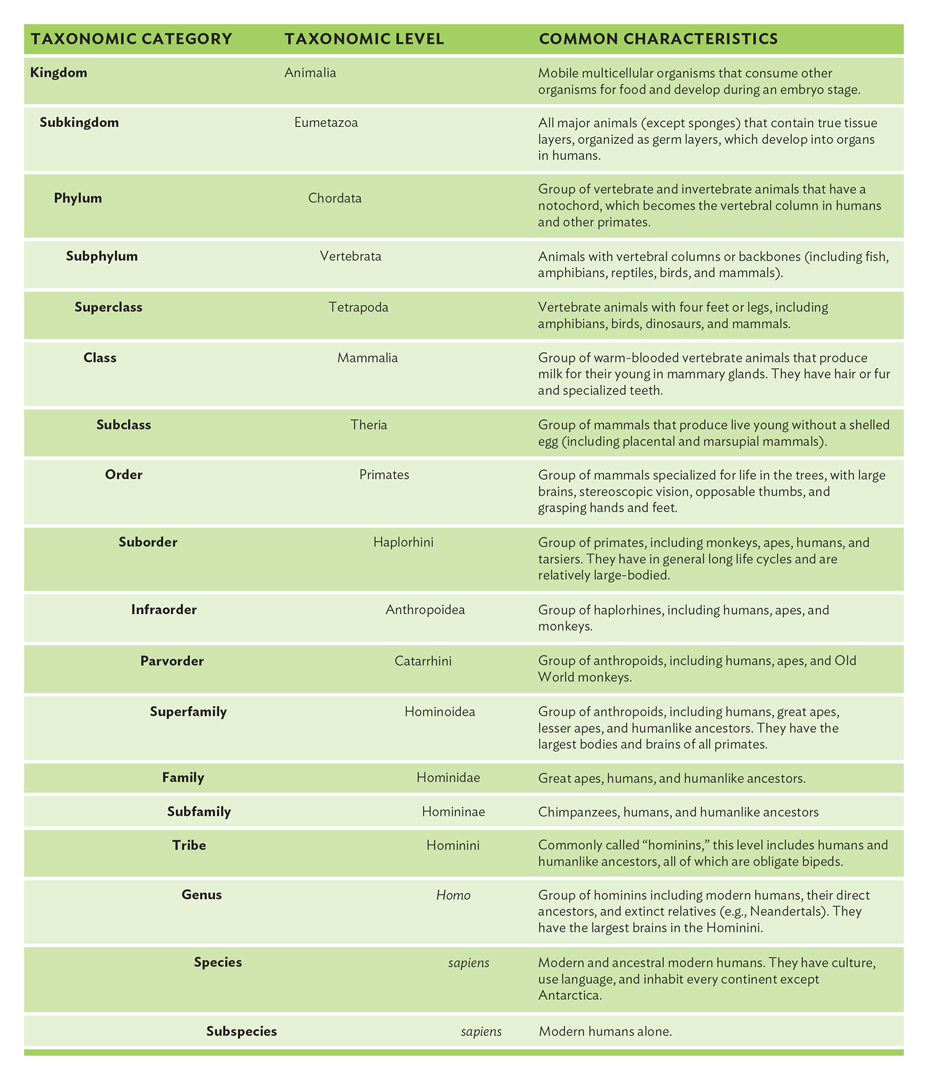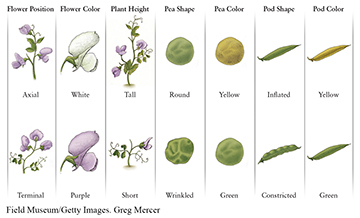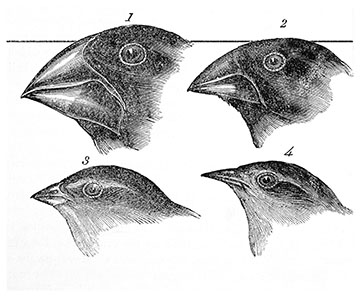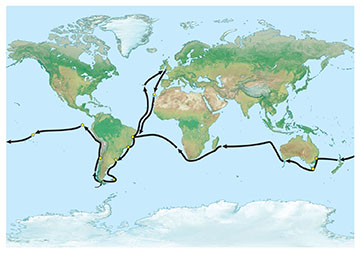Evolution: Constructing A Fundamental Scientific Theory
1/24
There's no tags or description
Looks like no tags are added yet.
Name | Mastery | Learn | Test | Matching | Spaced | Call with Kai |
|---|
No analytics yet
Send a link to your students to track their progress
25 Terms
Who was the naturalist who spent five years on the HMS Beagle?
Charles Darwin
Darwin studied species of __________ in the __________ Islands when coming up with his ideas about evolution.
finches; Galápagos
Which of the following is a tenet of Darwin’s theory of natural selection?
Populations adapt to different environments over time.
Which of the following did Darwin draw from to come up with an idea of evolution?
taxonomy and demography
Which two scientists proposed uniformitarianism, an important idea in geology?
Hutton and Lyell
While home for winter break, you start telling your grandmother about your biological anthropology class. She once heard about a man who became a bodybuilder and then produced muscular children, and she asks you to explain how this could happen. What correct information could you give her?
This is an example of Lamarckism, which has some kernels of truth about evolution but is not a wholly accurate theory.
Which scientist is known for writing about limitations of the earth’s food supply and its effect on population size?
Thomas Malthus
Which scientist is known for developing a system of taxonomy, including a method of giving each organism two names, such as Homo sapiens for humans?
Carolus Linnaeus
Which researcher laid the groundwork for later taxonomy by encouraging careful attention to detail, including consideration of plants’ and animals’ many attributes?
John Ray
What is the only source of new genetic material?
mutation
What did Darwin believe was the primary cause of evolution?
natural selection
Darwin did not know about genes but believed that traits passed from parents to offspring by particles called
gemmules.
Your history professor is interested in genealogy and tells your class that, on his mother’s side, he is descended from the original Amish population, a religious and insular group of people in Pennsylvania who tended to marry within their social circle. He also notes that many members of his extended family have the condition polydactyly, an extra finger or toe. The high frequency of polydactyly in your professor’s ancestry is an example of __________ in the Pennsylvania Amish.
genetic drift
The gene for sickle-cell anemia is found at a rate of 10% in West African blacks, 0% in American whites, and 5% in the descendants of West African blacks and American whites. Which force of evolution explains this pattern for the gene?
gene flow
What are the four forces of evolution?
gene flow, genetic drift, mutation, and natural selection

According to Linnaean taxonomy, what is the MOST specific category and level shared by humans, gorillas, and howler monkeys?
infraorder Anthropoidea

This picture shows two variants in __________ or physical appearance of seven characteristics of the pea plant.
phenotype
What is the specific shape of DNA known as?
double helix
In a simplified example of eye color inheritance, B stands for the allele for brown eyes and is dominant. Blue eyes are represented by the recessive allele b. A child who inherits one of each allele from her parents will have the genotype Bb and therefore have brown eyes.
True
Darwin’s ideas about evolution and Mendel’s research in genetics are combined into what we now call the idea of blending inheritance.
False
In the evolutionary synthesis, Mendel’s theory indicates how traits are passed from one generation to the next, while mutation explains where variation originates.
False
Darwin’s ideas helped stimulate research in the fields of biology, genetics, comparative anatomy, and biological anthropology.
True
James Hutton disagreed with biblical estimations of Earth’s age. In contrast to biblical estimates of a few thousand years, Hutton estimated that Earth was several million years old.
True

This animal was instrumental to Linnaeus’s creation of binomial nomenclature.
False

The HMS Beagle, whose path is seen here, circumnavigated the globe.
True